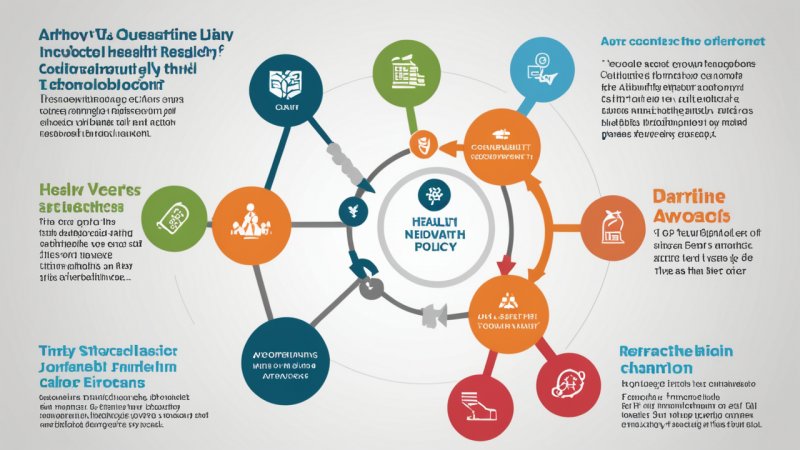Introduction
In the rapidly evolving landscape of healthcare, understanding health policy is crucial for both professionals and the general public. This article will guide you through the essential steps to effectively navigate the future of health policy, addressing key trends, challenges, and opportunities that shape the healthcare environment.
Step 1: Understand the Current Landscape
Before you can navigate the future, it's essential to understand the current state of health policy. This involves:
- Researching Existing Policies: Familiarize yourself with local, national, and international health policies.
- Analyzing Recent Trends: Look for trends in healthcare delivery, financing, and technology.
- Identifying Key Players: Understand the roles of government agencies, private organizations, and non-profits in shaping health policy.
Step 2: Stay Informed About Emerging Issues
Health policy is influenced by various emerging issues. To stay informed, consider:
- Reading Journals and Articles: Subscribe to reputable health policy journals.
- Attending Conferences: Participate in health policy conferences and workshops.
- Engaging with Experts: Follow thought leaders and experts in the field on social media.
Step 3: Analyze the Impact of Technology
Technology is revolutionizing health policy. To analyze its impact:
- Evaluate Telehealth Services: Understand how telehealth is changing access to care.
- Explore Data Analytics: Investigate how big data and analytics are influencing health outcomes.
- Consider Artificial Intelligence: Examine the role of AI in diagnostics and patient care.
Step 4: Engage in Policy Advocacy
Being an active participant in health policy advocacy can help shape the future. You can:
- Join Advocacy Groups: Become a member of organizations that align with your health policy interests.
- Contact Legislators: Reach out to your local representatives to express your views on health issues.
- Participate in Public Forums: Attend town hall meetings and public discussions on health policy.
Step 5: Collaborate with Stakeholders
Collaboration is key in health policy. To collaborate effectively:
- Build Partnerships: Network with healthcare providers, researchers, and policymakers.
- Engage in Community Initiatives: Participate in local health initiatives to understand community needs.
- Share Knowledge: Contribute your insights and experiences to collaborative projects.
Step 6: Monitor and Evaluate Policies
Monitoring and evaluating existing health policies are vital for continuous improvement. To do this:
- Set Clear Metrics: Define what success looks like for health policies.
- Gather Data: Collect data on health outcomes and policy impacts.
- Review and Adjust Policies: Use your findings to advocate for necessary changes in health policy.
Summary and Final Advice
In summary, navigating the future of health policy requires understanding the current landscape, staying informed about emerging issues, analyzing the impact of technology, engaging in advocacy, collaborating with stakeholders, and monitoring policies. Remember, the healthcare environment is constantly changing, so remain adaptable and proactive in your approach to health policy.






